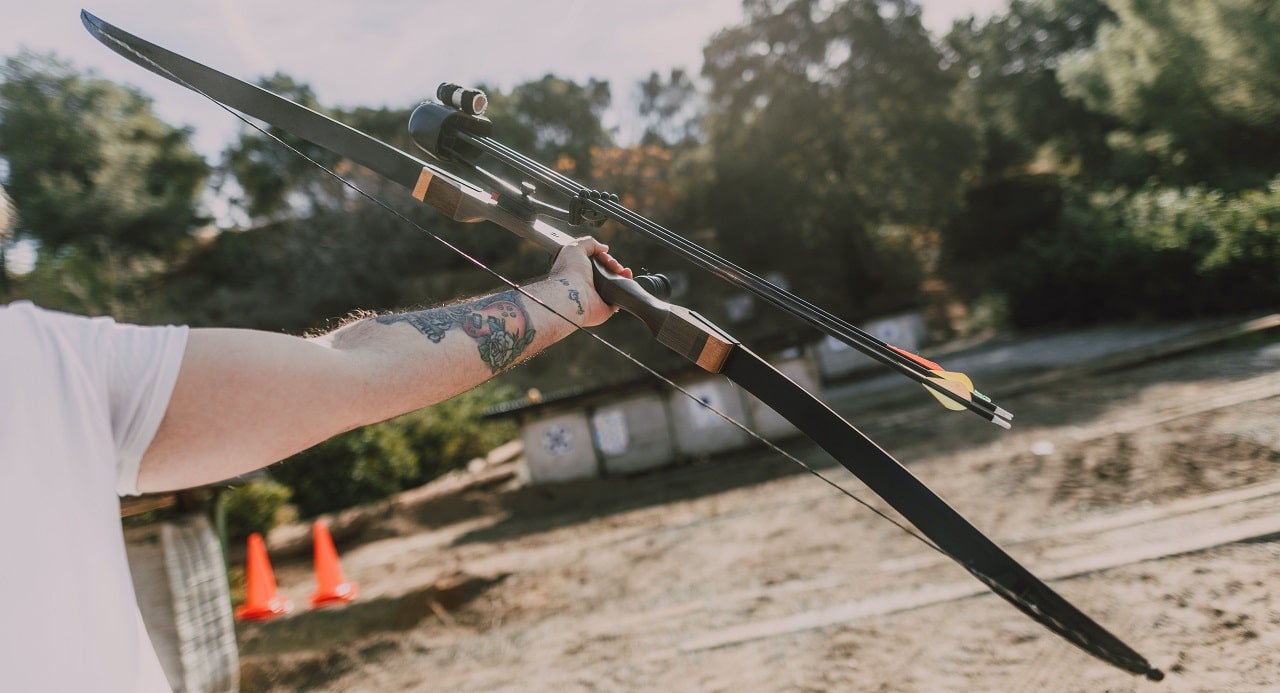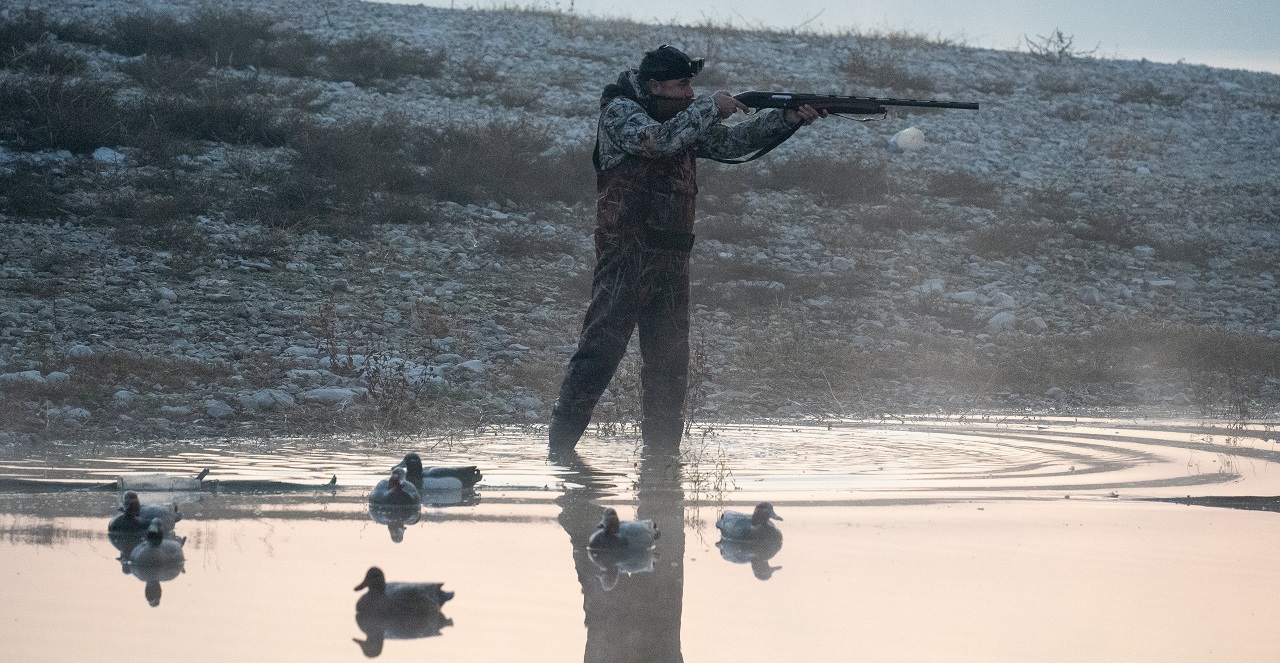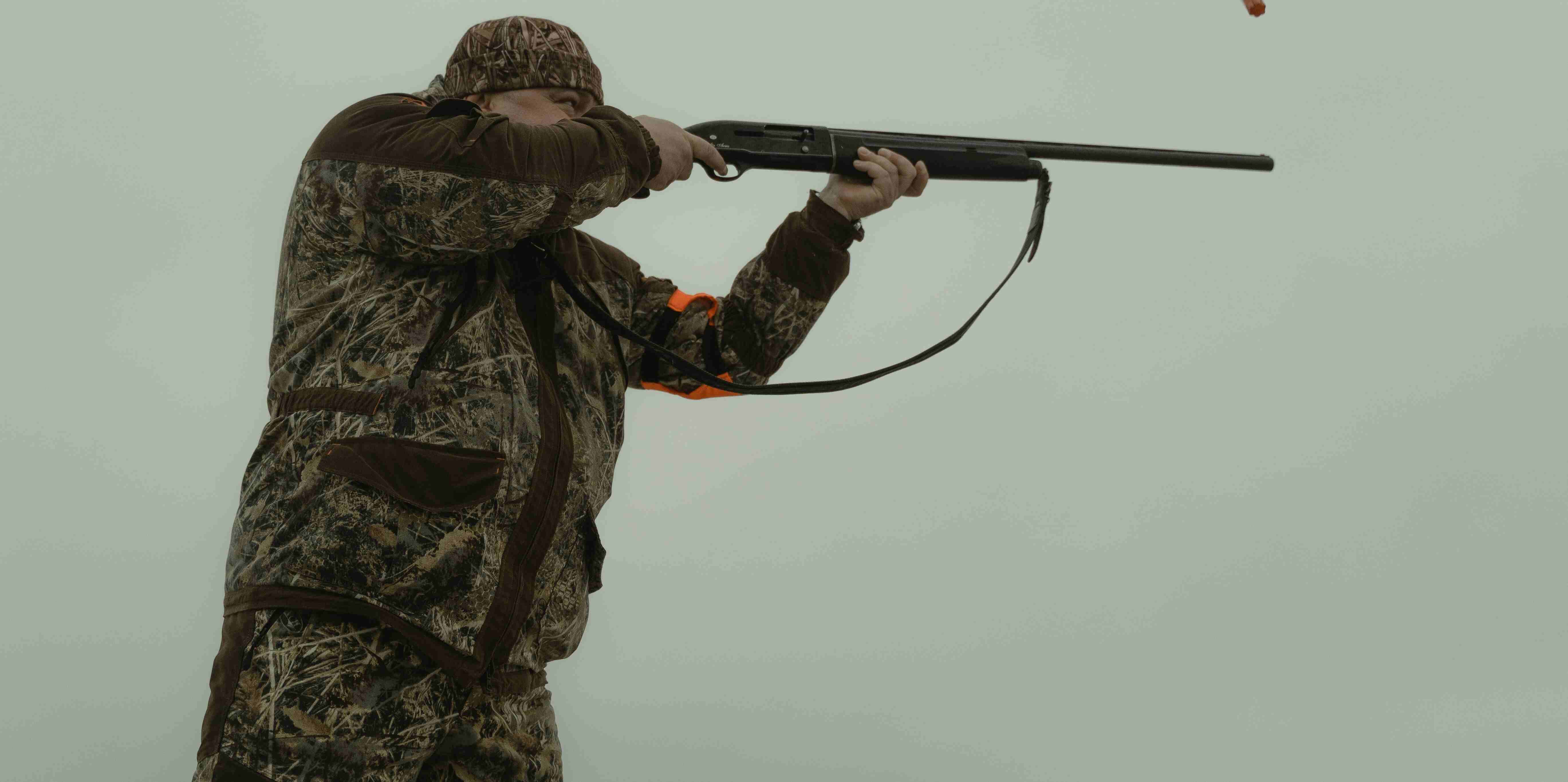Michigan Deer Hunting Rules
Michigan, with its diverse landscapes and abundant wildlife, stands as a prime destination for deer hunting enthusiasts. However, embarking on a successful hunting expedition requires a thorough understanding of the state’s regulations and rules. In this guide, we’ll delve into the specifics of Michigan’s deer hunting regulations, ensuring you’re well-prepared for a safe and fulfilling experience.
Licensing and Tags
Before setting foot in Michigan’s wooded expanses, it’s crucial to obtain the necessary licenses and tags. The Michigan Department of Natural Resources (DNR) oversees hunting regulations, and their website is a valuable resource for up-to-date information. Depending on the type of deer you’re hunting (antlered or antlerless) and your residency status, license fees and tag allocations may vary.
Season Dates
Michigan’s deer hunting seasons are divided into archery, firearm, and muzzleloader seasons. The dates for each season can fluctuate annually, so keeping abreast of the DNR’s announcements is key. Typically, archery season kicks off in early October, followed by firearm season in mid-November, and muzzleloader season in December. Familiarizing yourself with these dates ensures you’re in sync with the legal framework.
Legal Weapons and Ammunition
The type of weapon and ammunition you use during deer hunting in Michigan is subject to specific regulations. Firearms must adhere to caliber restrictions, and bows need to meet certain draw weight criteria. Additionally, hunters should be aware of any recent updates to these regulations, as changes in allowable equipment can influence the success of your hunt.
Hunting Zones and Land Access
Michigan is segmented into various hunting zones, each with its own set of regulations. Understanding the rules applicable to your chosen zone is imperative. Moreover, knowing whether the land you plan to hunt on is public or private is crucial. Different rules apply to each type of land, and obtaining the necessary permissions is vital to avoid legal complications.
Bag Limits
Michigan imposes bag limits to manage the deer population responsibly. These limits vary based on the hunting season, location, and type of deer. Staying within these limits helps preserve the ecological balance and contributes to sustainable hunting practices.
Hunter Safety and Ethics
Beyond the legal aspects, ethical hunting practices are paramount in Michigan. The state emphasizes the importance of safety, sportsmanship, and respect for the environment. Completing a hunter safety education course is often a prerequisite, instilling responsible behavior and ensuring the well-being of both hunters and wildlife.
Reporting and Record-Keeping
Michigan’s DNR requires hunters to report their deer harvest. This not only aids in population management but also provides valuable data for future conservation efforts. Keeping meticulous records of your hunts, including dates, locations, and other relevant details, is not just a legal requirement but also a responsible practice.
Conclusion
Michigan’s deer hunting rules are in place to promote conservation, safety, and sustainable enjoyment of the state’s natural resources. As a conscientious hunter, staying informed and abiding by these regulations contributes to the preservation of Michigan’s rich hunting heritage. Before embarking on your next deer hunting adventure, consult the latest guidelines from the Michigan DNR to ensure a rewarding and lawful experience in the wilderness.






Espectro de vibracion
Equipos de balanceo: fundamental para el desempeno suave y productivo de las equipos.
En el campo de la ciencia moderna, donde la productividad y la fiabilidad del equipo son de suma significancia, los equipos de calibracion desempenan un funcion crucial. Estos dispositivos especificos estan concebidos para equilibrar y estabilizar componentes dinamicas, ya sea en maquinaria industrial, automoviles de transporte o incluso en equipos hogarenos.
Para los tecnicos en mantenimiento de sistemas y los ingenieros, manejar con equipos de balanceo es esencial para garantizar el operacion suave y seguro de cualquier mecanismo movil. Gracias a estas soluciones tecnologicas avanzadas, es posible reducir considerablemente las vibraciones, el ruido y la presion sobre los sujeciones, aumentando la tiempo de servicio de partes valiosos.
De igual manera significativo es el tarea que desempenan los dispositivos de balanceo en la servicio al comprador. El apoyo experto y el reparacion permanente empleando estos sistemas habilitan dar soluciones de alta calidad, aumentando la bienestar de los compradores.
Para los propietarios de proyectos, la financiamiento en sistemas de ajuste y sensores puede ser importante para optimizar la productividad y desempeno de sus dispositivos. Esto es especialmente trascendental para los inversores que dirigen medianas y modestas emprendimientos, donde cada punto importa.
Tambien, los dispositivos de equilibrado tienen una extensa uso en el campo de la fiabilidad y el gestion de nivel. Facilitan detectar posibles problemas, evitando intervenciones costosas y perjuicios a los sistemas. Mas aun, los datos generados de estos sistemas pueden usarse para optimizar procedimientos y potenciar la reconocimiento en motores de exploracion.
Las sectores de implementacion de los dispositivos de balanceo cubren diversas ramas, desde la fabricacion de bicicletas hasta el control ecologico. No afecta si se considera de grandes manufacturas industriales o limitados talleres de uso personal, los sistemas de equilibrado son esenciales para promover un desempeno optimo y sin presencia de detenciones.